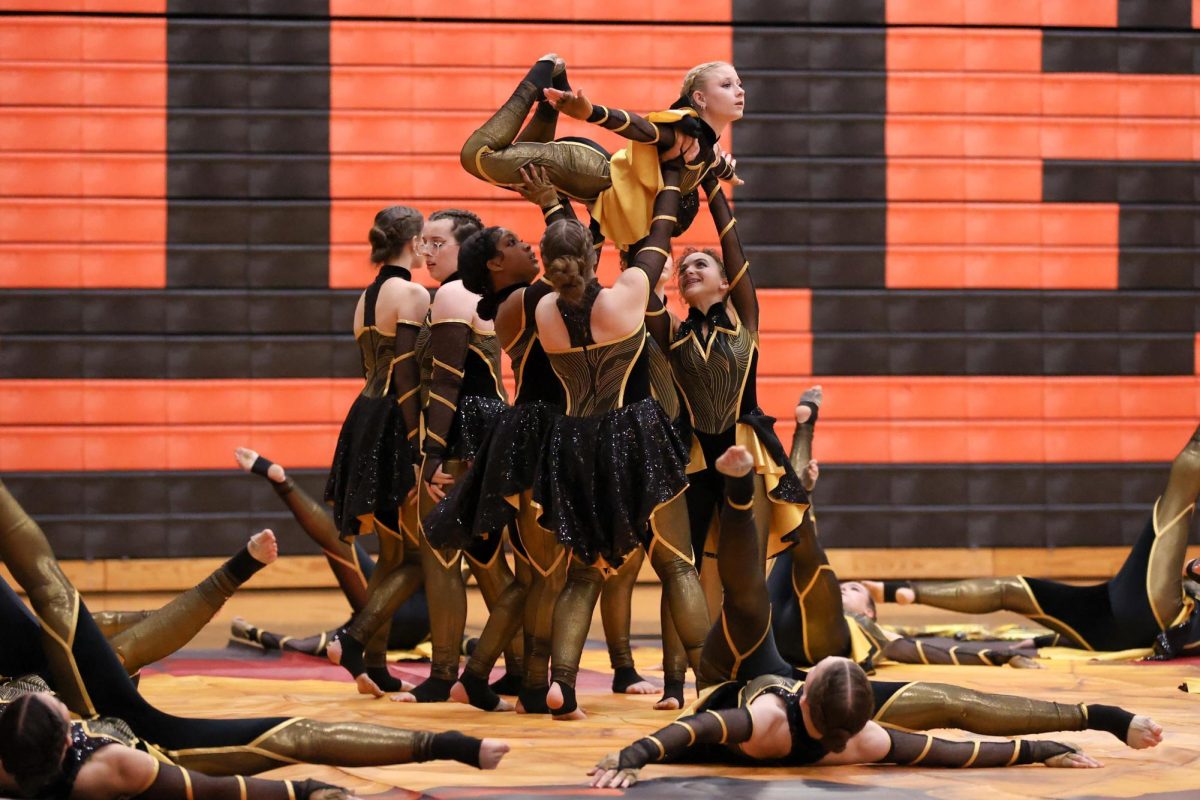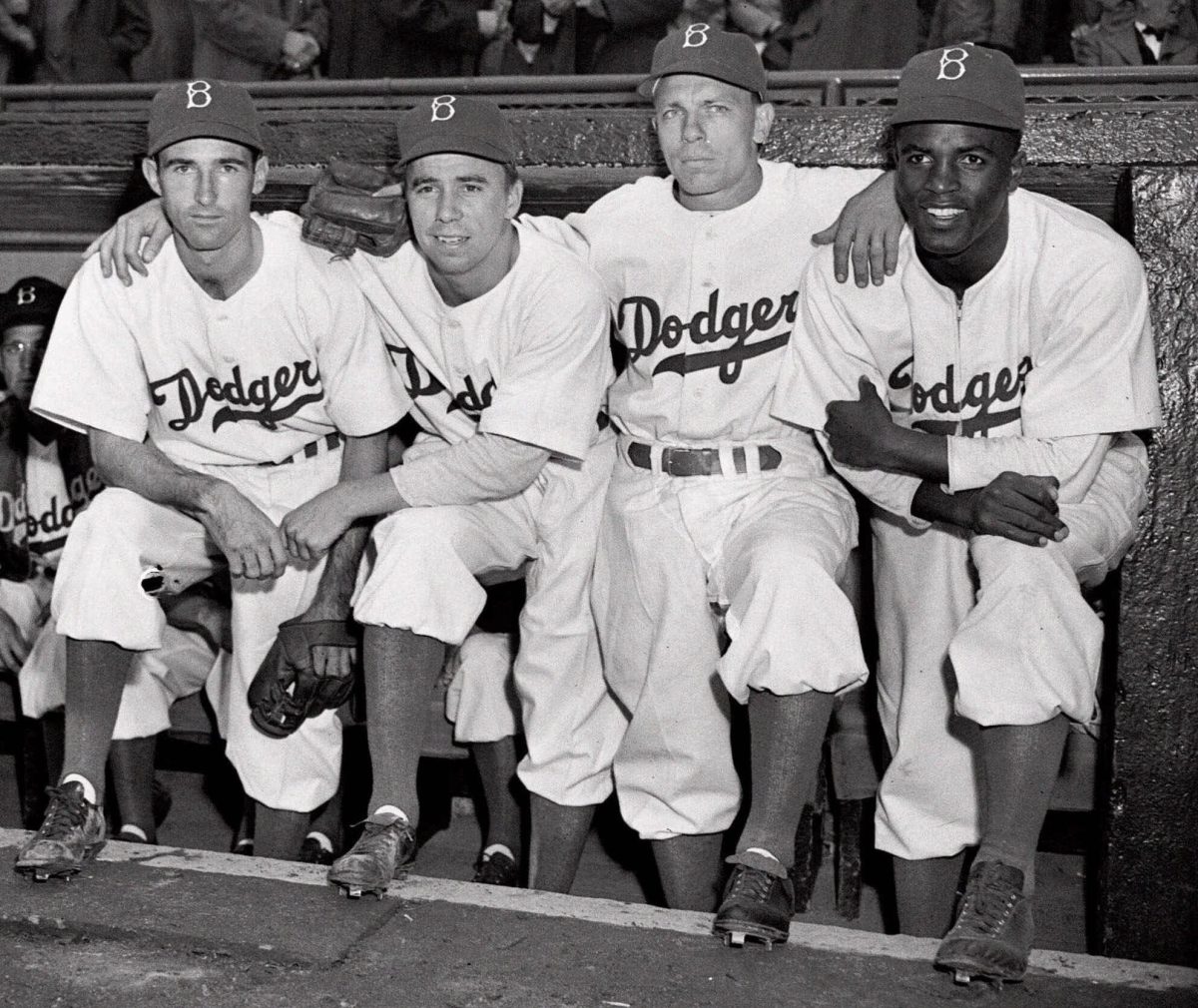‘Tulip Fever’: Floral Disaster
September 14, 2017
Under the right conditions, flowering plants thrive; in the case of “Tulip Fever,” it should have been left to wither.
The film moseyed into theaters last weekend after a two year hold on its release: it boasted of three Oscar winners: Judi Dench, Alicia Vikander and Christoph Waltz, with screenplay by Tom Stoppard, Oscar winner for “Shakespeare in Love,” and Deborah Moggach, author of the novel “Tulip Fever.” Despite these accolades, the film wilted under the barest scrutiny.
The basic plot: A young orphan (Alicia Vikander) is married off to an aging member of the gentility (Christoph Waltz) in 17th-century Amsterdam. Cornelis Sandvoort, her husband, holds the sole ambition of conceiving an heir to carry forth his legacy as the “King of Peppercorns.” Displeased with her marriage, Sophia begins a torrid affair with a young artist, Jan Van Loos (Dane DeHaan), commissioned to paint her portrait. Simultaneously, her maid Maria (Holiday Granger) becomes pregnant after her own scandalous rendezvous with the fishmonger. Some ridiculousness ensues, and a ludicrous ruse is conceived.
Gobbledygook about the illegal tulip market and the rare red-striped bulb is thrown in.
Judi Dench enters the mix as a tulip-selling, cane-wielding abbess—for such a talented actress, she utters fewer than twenty words.
After two years of waiting, the hype was astronomical for this movie; at one point, it was a projected Oscar winner. Yet, the director scrapped any pre-release showings and let the film quietly slip into theaters, buried under showings of Marvel actions flicks and unoriginal thrillers.
When I arrived for my own showing, the theater was completely empty. I picked a seat in the last row, sat back, and waited for gratuitous physicality and atmospheric Amsterdam.
Most of the movie consists of little more than sultry staring between Sophia and Jan. The plot is convoluted and tired; filmgoers have seen it more times than they—or I—can count: the love triangle.
As for the tulips, the market held in backroom saloons with Cara Delevingne as a randy prostitute, there is little to be said. None of the plot points were developed enough for the audience to care.
The gem of this movie exists with Zach Galifianakis as a drunkard who is more often unaware than he is cognizant—and his attempts to gamble in the highly-illicit tulip ring.
But as the movie sums up best for itself: “First to Flower, First to Fall.”











